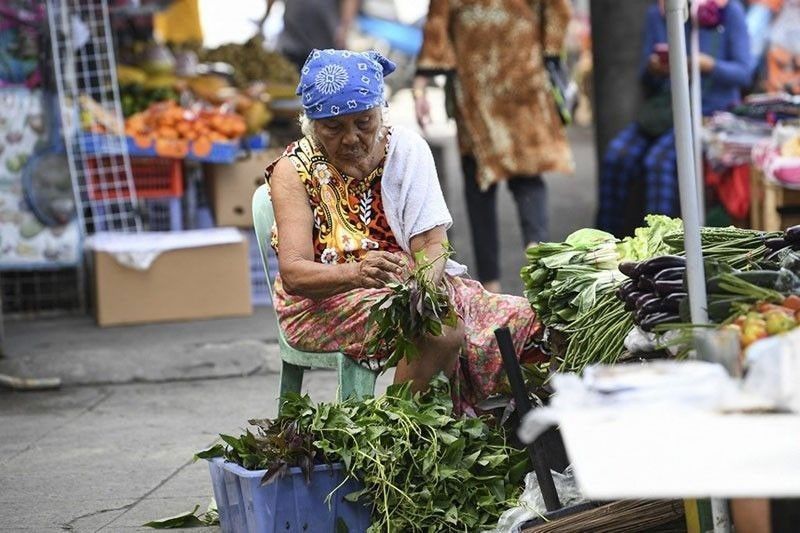NEDA sees inflation slowdown in March
‘Unlikely higher than February’s 3.4%’ MANILA, Philippines — The March inflation rate is unlikely to be higher than last month’s level, the National Economic and Development Authority (NEDA) said. “I don’t think that it will go higher than what we had last month,” NEDA Secretary Arsenio Balisacan told reporters yesterday on the sidelines of the […]


‘Unlikely higher than February’s 3.4%’
MANILA, Philippines — The March inflation rate is unlikely to be higher than last month’s level, the National Economic and Development Authority (NEDA) said.
“I don’t think that it will go higher than what we had last month,” NEDA Secretary Arsenio Balisacan told reporters yesterday on the sidelines of the signing of the Public-Private Partnership Code’s implementing rules and regulations.
He said this is what the NEDA sees based on recent developments.
“But of course, you know, I might be surprised again by our PSA (Philippine Statistics Authority). So we’ll see,” he said.
He also said he does not see inflation breaching the government’s two to four percent target.
The country’s inflation snapped a four-month downtrend as it rose to 3.4 percent in February from 2.8 percent in January.
The higher inflation in February was driven by the faster increases in food prices and transport costs.
Food inflation climbed to 4.8 percent in February from 3.3 percent in January due to higher rice and meat prices.
The transport commodity group posted a 1.2-percent increase in February from a 0.3- percent decline in January.
Earlier, Bangko Sentral ng Pilipinas Governor Eli Remolona Jr. said headline inflation likely further accelerated to 3.9 percent in March from 3.4 percent in February due to base effects, although this was still lower than the 7.6 percent in March 2023.
The PSA will release the March inflation data on April 5.
Meanwhile, Balisacan said the interagency Development Budget Coordination Committee (DBCC) would meet today to review the government’s growth targets.
Balisacan earlier said he saw a need to review the government’s growth target for this year with the global economy growing weaker than expected and given the lagged effect of interest rate hikes.
Last December, the DBCC narrowed the 2024 economic growth target to 6.5 to 7.5 percent from the previous range of 6.5 to eight percent.
The economy expanded by 5.6 percent last year, lower than the 7.6 percent growth in 2022 and below the government’s six to seven percent target.














